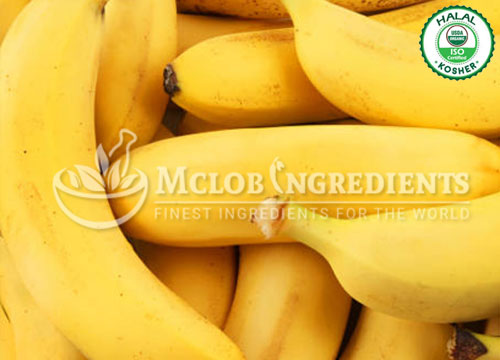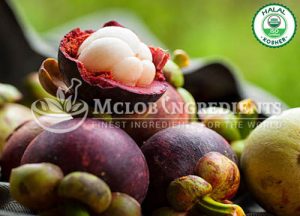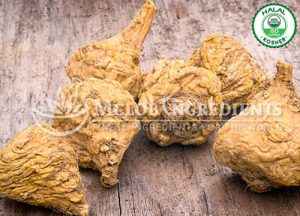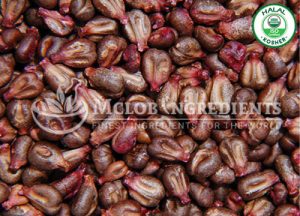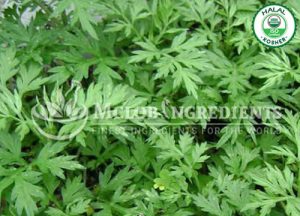Banana is an edible yellow fruit produced by a large herbaceous flowering plant. It grows near tropical rainforests. All parts of the plant, including the fruit, leaves, stem, false stem, flowers, and roots, can be used as medicine. The scientific names of most cultivated bananas are Musa balbisiana, Musa acuminata, and Musa × paradisiaca for the hybrid Musa acuminata × M. balbisiana, depending on their genomic constitution. For thousands of years, Bananas have been grown as crops. Banana contains chemicals and sugars that might act as antioxidants and decrease swelling and act like fiber which can help to regulate the gastrointestinal system respectively. The chemicals Bananas also contain potassium and other minerals and vitamins.
Benefits:
- May improve blood sugar levels.
- Improve Gut Health and Digestion.
- Promote Weight Loss.
- May improve insulin sensitivity when unripe.
- Boost Energy and Increase Stamina.
- May support heart health.
- May help you feel fuller.
- Control High Blood Pressure.
- Keep Bones Strong.
- Superfood for Endurance Athletes.
- Improves Mood and Mental Health
Side effects:
Side effects of bananas are rare but may include cramping, bloating, gas, softer stools, nausea, and vomiting. In very high doses it might cause high blood levels of potassium. Allergic reactions who have an allergy to a banana.
Precaution:
- Avoid those who have breathing problems like asthma as it can aggravate Kapha.
- Avoid Banana who have migraine[5].
- Consumption of bananas may cause allergic reactions and may increase the blood sugar level.
Dose:
In Adults, For diarrhea take 1-3 tablespoons of banana flakes every 8 hours in a feeding tube for 7 days by mouth.
Interaction:
Don’t eat Bananas if you take ACE inhibitors such as fosinopril, enalapril, and captopril, among others that lower blood pressure and treat heart failure by opening up blood vessels, so more efficiently blood flows.



